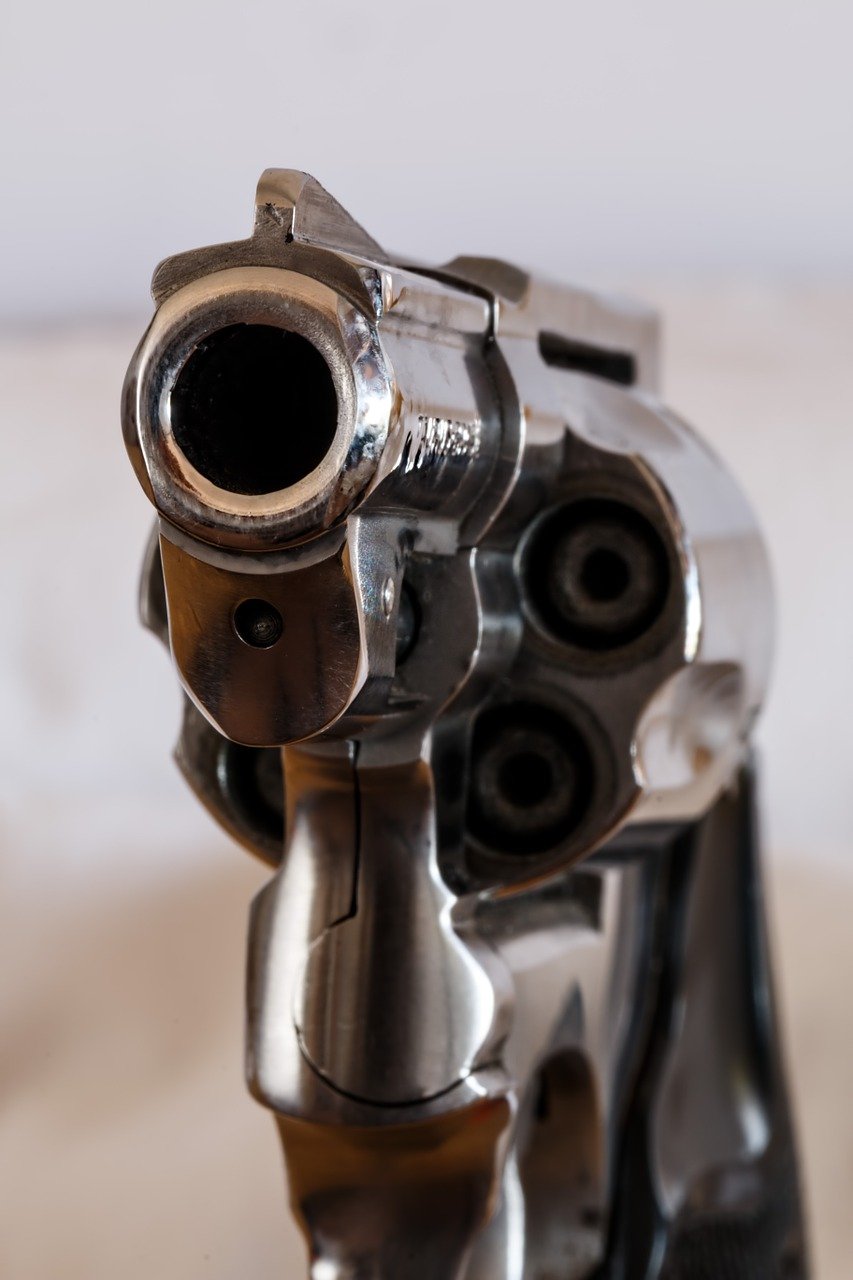TRENTON – Acting on a commitment to further promote transparency in policing and build trust between police officers and the communities they serve, Governor Phil Murphy signed two pieces of legislation (S1163 and A4312) on Nov. 24, which concern the use of body worn cameras by members of law enforcement.
The Governor also signed executive Order No. 201, which establishes a 14-member Interagency Working Group to provide recommendations to the Governor’s Office and Attorney General regarding technology solutions to facilitate the statewide implementation of body worn cameras in law enforcement agencies. The Working Group will work to identify barriers to adopting body worn cameras and recommend technology solutions to facilitate their implementation.
“We’ve made it clear that New Jersey will be second-to-none in enacting vital reforms to promote transparency and boost public confidence in law enforcement,” said Governor Murphy. “Body worn cameras are a wise all-around investment in public safety that not only redouble our commitment to transparency and accountability, but also ensure that members of law enforcement are equipped with an important tool to help them carry out their sworn duties. Today represents another step down what we know is a long road to full understanding and lasting trust between law enforcement and the communities they serve.”
“New Jersey has made great strides to promote a greater degree of professionalism, accountability, and transparency within our law enforcement agencies, and our state is committed to ensuring that our officers feel supported when they are in the line of duty,” said Lt. Governor Sheila Oliver, who serves as Commissioner of the Department of Community Affairs. “This legislation being signed today is about developing greater accountability and establishing trust between police officers and the people who rely on them every day to keep our communities safe.”
The bill was sponsored by Senators Shirley Turner and Linda Greenstein, and Assemblymembers Herb Conaway and Cleopatra Tucker.
“Police body cameras have become an essential part of community policing today,” said Assemblymembers Cleopatra Tucker, Herb Conaway, Verlina Reynolds-Jackson, and Shavonda Sumter, in a joint statement. “They aim to ensure accountability for any actions which take place during a police stop, whether it is by the officer or a resident. Tensions surrounding community policing escalated after the death of George Floyd in Minneapolis. The distrust between communities of color and law enforcement was once again highlighted in the national spotlight. A body camera is only one way of ensuring greater transparency and accountability for law enforcement, and to rebuilding community relations; however, it will be a uniquely powerful tool in getting there.”
A4312 regulates the use of body worn cameras by law enforcement officers. Under the bill, officers would be required to keep the camera activated when responding to a call for service or when initiating a law enforcement or investigative encounter. When immediate activation of the camera is impossible or dangerous, an officer would be required to activate the camera at the first reasonable opportunity to do so.
Officers would be required to notify subjects that the camera is activated and, under certain conditions, may deactivate a camera upon the subject’s request. To protect the privacy of civilians in sensitive situations, the bill limits the use of body worn cameras while officers are on school property, in medical facilities, and in houses of worship.
The bill was sponsored by Assemblymembers Verlina Reynolds-Jackson, Shavonda Sumter, and Cleopatra Tucker, and Senators Nia Gill and Shirley Turner.
“As we work to improve policing in New Jersey, setting clear guidelines for body camera usage is crucial for transparency, accountability and public confidence, safeguarding both citizens and law enforcement officers,” said Senator Gill. “These regulations will provide clear guidelines for how these body cameras are used allowing for consistency and reliability when footage is needed and pulled.”
“In recent years, body cameras have become a valuable tool for transparency, exposing instances of police misconduct and helping to hold officers accountable,” said Senator Turner. “They also protect officers against false accusations and reduce the legal costs associated with use-of-force lawsuits, which are ultimately paid for by taxpayers. Body cameras will help to create safer communities, and both officers and civilians will benefit greatly from rebuilding trust between police officers and the communities they have sworn to serve and protect.”



Remarkable issues here. I’m very satisfied to peer your post.
Thanks a lot and I’m having a look forward to contact you.